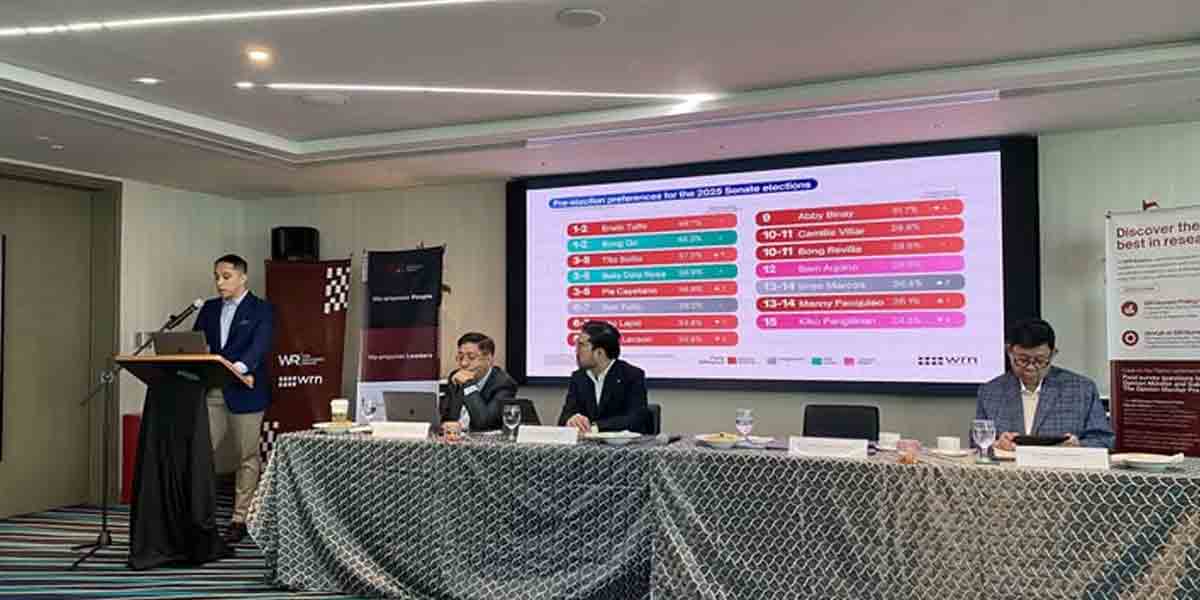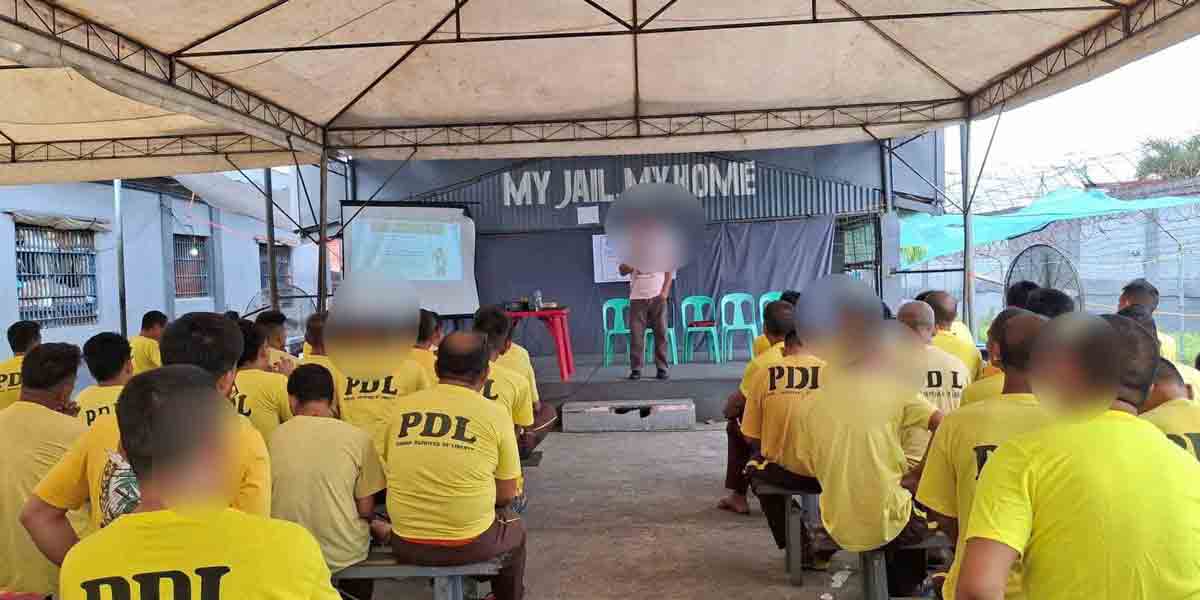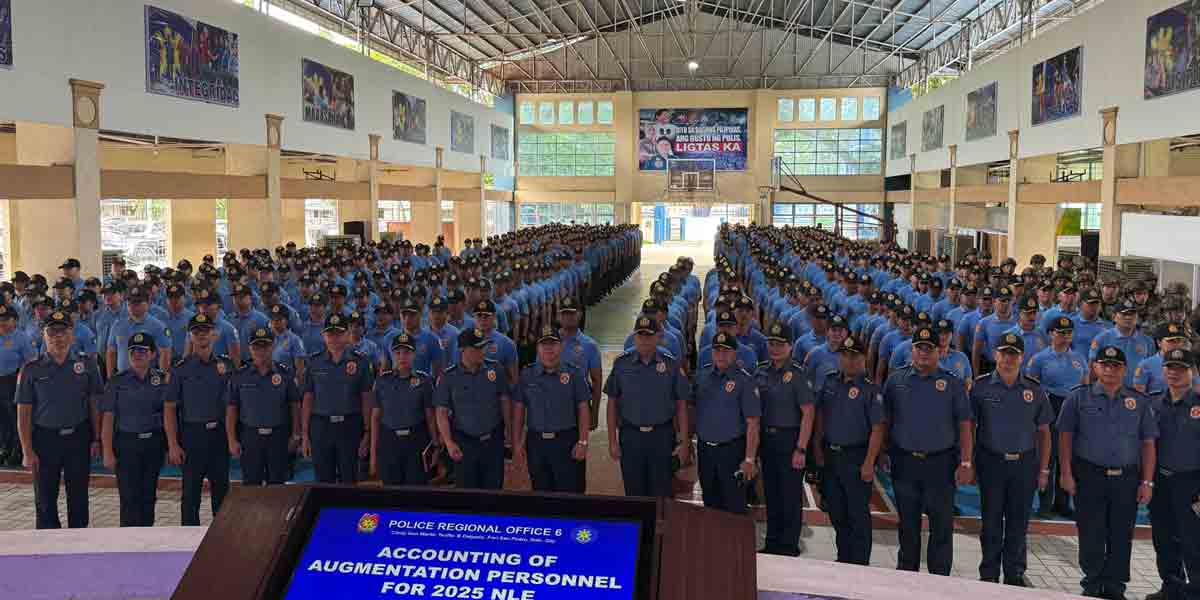By Herbert Vego
THE Magna Carta of Filipino Seafarers, signed into law by President Marcos on September 23, 2024, aims to protect and improve the opportunities of Filipino seafarers.
Since there are already applicable labor laws covering exploited seamen, the Magna Carta — principally authored by Senator Raffy Tulfo — mainly seeks to enlighten them on problems that crop up, especially during emergency situations.
For example, if an active seaman on board an overseas vessel falls ill, necessitating forced retirement, is he entitled to disability benefits?
This was the predicament given as an example by the Manila-based Free Legal Assistance for Seafarers and Heirs (FLASH), led by maritime lawyer Gerry Linsangan.
This predicament haunted oiler Jesus Cayetano while on board the cargo vessel “MV APL Columbia”. He could not work anymore due to unbearable back pain, breathing difficulty, general fatigue and severe weakness.
Leafing back, he boarded the vessel for a nine-month contract with Univan Management Services after passing the compulsory pre-employment medical examination.
In his second month on board the vessel, however, Cayetano complained of debilitating back pain, coupled with unexplained weakness of his entire body. He promptly reported the problem to the ship captain and the chief engineer.
While the vessel was docked at Chauhan, China, the ship captain sent Cayetano to a hospital for urinalysis and blood chemistry tests, which revealed urine and blood infections. His doctor prescribed him Chinese drugs.
He reboarded the ship, hoping for gradual recovery. But, on the contrary, even the slightest movement aggravated his back pain. At the next port of call in Singapore, he was rushed to the nearest hospital. Alas, since the vessel had only three days left before leaving for Dubai, he asked to be repatriated to Manila.
The ship captain, unfortunately, would only allow repatriation on condition: that he submit a letter of resignation so he would be replaced with an oiler to be flown from Manila to Dubai.
“Sir,” he protested, “that would deprive me of disability benefits.”
The ship captain insisted on his resignation and asked him to wait for the agency’s favorable response to his plea.
But since he could no longer bear the pain despite the new drugs administered to him in Singapore, he had no choice but to sign a resignation letter. It was only then that he was flown back to Manila.
In Manila, he paid a visit to the agency’s office, begging for disability benefits in the amount of US $60,000 in accordance with the standard Philippine Overseas Employment Administration (POEA) contract.
He needed money very badly for surgical and medical expenses, since the company-accredited doctor had diagnosed him to be suffering from “dilated cardiomyopathy,” a debilitating heart disease.
To his dismay, his claim was denied on the pretext that the agency had already spent much in repatriating him and in flying another oiler from Manila to Dubai.
Undaunted, he sought the help of FLASH lawyers who promptly filed his claim before the National Labor Relations Commission (NLRC).
It took months before the NLRC ruled in Cayetano’s favor, noting that he had caught his illness while on board the ship; and the resignation letter he had signed under duress could not deprive him of financial benefits stipulated in his contract.
NLRC ordered Univan to pay Jesus Cayetano $60,000.00 (around Php 3.4 million today) for total and permanent disability benefits.
Going back to the Magna Carta, a section provides that where the ship management and the claimant seaman disagree over the claimed amount, the former has to immediately pay the latter the offered amount, and to complete payment should the latter win the litigation.
FLASH is represented in Iloilo by its paralegal officer, Neri T. Camiña, with cell phone No. 0917 328 8742.
-oOo-
‘OHS’ FOR UNDERGROUND CABLING
AS reported by Rjay Zuriaga Castor in this paper last Saturday, government officials from Muntinlupa City visited Iloilo City to study the new underground distribution system of MORE Power.
The delegation expressed “ohs” and “ahs” over the transformation initiatives being implemented by our distribution utility, and so would be proposing for Muntinlupa a similar innovative approach.
The underground cabling, covering a one-kilometer stretch of the old business district along J.M. Basa Street, has eliminated above-ground power lines in that area.
The project is expected to reduce the risk of accidents caused by inclement weather, fallen trees, or other unforeseen circumstances.
According to MORE Power President Roel Castro, the company will always be supporting Mayor Jerry Treñas’ initiatives aimed at preserving Iloilo City’s cultural heritage.






















